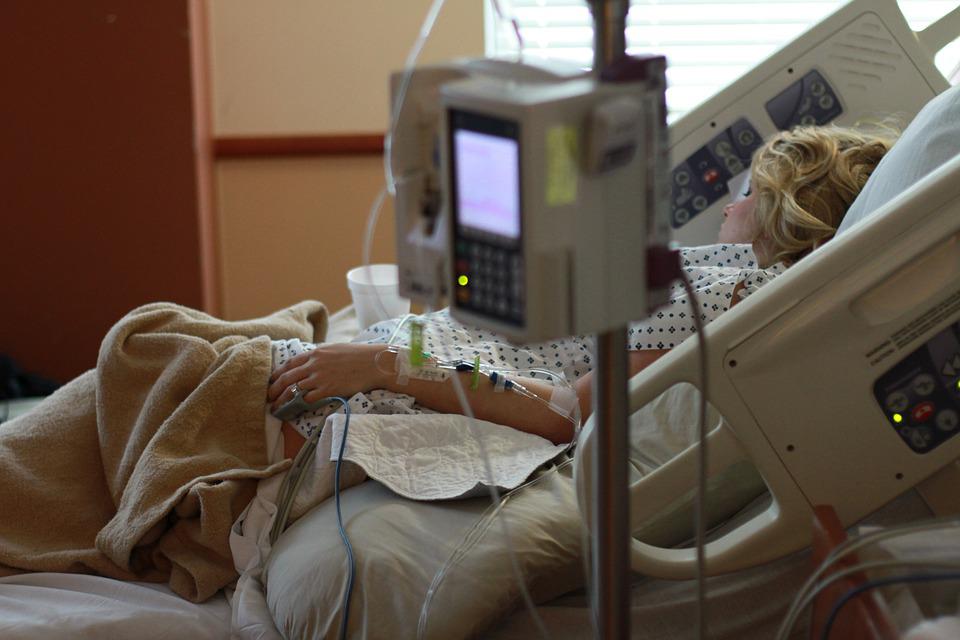
Mesothelioma is a type of cancer that develops in the layer of the lung and abdomen. The main cause of this cancer is asbestos exposure. The asbestos fibers enter small air passages to reach the pleura and cause inflammatory reactions and scarring.
The occupations most at risk of causing mesothelioma disease due to asbestos exposure include firefighters, industrial and power plant workers, shipyard workers, and construction workers. The WHO estimates that 43,000 deaths are caused by mesothelioma each year.
The types of mesothelioma are pleural, peritoneal, pericardial, and testicular.
Common symptoms of pleural mesothelioma include shortness of breath, dry cough, chest pain, hoarseness, difficulty swallowing, and unexplained weight loss. The pleural disease is aggressive and has four different stages.
The chances of cure only exist if the disease can be known within the first two stages if it has not spread. The third and fourth stages are quite difficult to treat.
The prognosis of the disease depends upon the stage. Treatment options include chemotherapy, radiation, and surgery. Emerging treatment options include anti-angiogenesis, gene therapy, and photodynamic therapy. These ways can help prevent the spread of the disease, manage symptoms, and increase the chance of long-term survival. The 5-year survival rate of mesothelioma is 10–15% after the initial diagnosis. The average life expectancy is typically 12–21 months after diagnosis. Yet, some individuals have lived longer than ten years despite the initial prognosis owing to proper treatment. At www.mesotheliomahope.com, patients can find full-fledged information about the disease, its symptoms, diagnosis, prognosis, and treatment options.
A mesothelioma diagnosis can affect a person, including personal relationships with friends and family. The patient and his family may face significant psychological and physical challenges. The family may also face financial and social difficulties.
A supportive family may help the patient go through this disease in a better way than a non-supportive one. It is better to seek help from the family when a person is diagnosed with mesothelioma.
The mere diagnosis of this disease can have drastic emotional effects on the patient and their families.
Here are some of the challenges faced by families of mesothelioma patients.
Financial Burden
The treatment options for the disease are expensive. Chemotherapy poses a huge financial burden on the family because it is long-term and requires many sittings with the physician. Surgical excision of the tumor can also be costly, depending on the severity of growth and extent.
The family may have to take out loans during treatment. Sometimes, family members have to leave their jobs to take care of the patient. However, more and more insurance companies include mesothelioma treatment in their policies. Companies dealing with asbestos-related products have to set up funds for mesothelioma victims according to government policies. Through proper legal guidance, the patient’s family can gain access to these funds, which may help reduce the financial burden.
Relationship Problems
Family relationships may be affected by a mesothelioma diagnosis. The patient may find himself caught in stress and depression, which leads to troubled relationships. Watching a family member suffer can be very emotional. The patient must also acknowledge that their family members are also equally under strain. A supportive and careful family helps the patient overcome the burden of disease. Support groups are present that can help the family members cope with the diagnosis of their loved one.
Uncertainty
The future becomes pretty uncertain after the diagnosis. The time required to make a prognosis and a treatment plan are sometimes longer than thought. This makes the patient’s family more and more disturbed. It is difficult to fight the disease, but uncertainty makes it more complicated and tiresome. To facilitate this problem, the patient and their family should research the services available to mesothelioma patients. The patient and their family should be in contact with the doctor and should bravely fight against this disease.
Social Stigma
Sometimes the family may have to face social stigma after a mesothelioma diagnosis. Stigma can lead to feelings of shame, spoiled identity, and guilt. This is because mesothelioma is a rare type of cancer. According to research, mesothelioma is positively associated with low socioeconomic status (Ekberg-Aronsson, 2006). Because of poor living conditions, these patients and their families might face some discrimination. The healthcare facility should demand proper help and care to overcome these social problems.
Problems Faced by Caregivers
Becoming a caregiver is a big responsibility and a burden for the person. Usually, the caregiver is a close family member. The caregiver may get emotionally drained by seeing their loved one fighting against a deadly disease in this instance. Caregiving can become more arduous when the patient lives far away from the caregiver. This results in out-of-pocket expenses and may also threaten their job. The caregiver needs to take some time and take care of themselves.
Effects on Education and Work of Family Members
The family members may find it difficult to concentrate on day-to-day activities. Sometimes family members are emotionally stressed to such an extent that it becomes difficult to continue their work or education. Other reasons for missing work or school are to look after the patient and attend hospital appointments.
Conclusion
Mesothelioma is an aggressive disease with a very low life expectancy. Even with treatment and interventions, this disease cannot be cured. The diagnosis of this disease certainly affects the patient and their family. Thankfully, there are many support groups for patients and their families. These support groups can surely improve the quality of life. These groups help families communicate with others who are also suffering from the same disease. Sharing your emotions can greatly help to decrease anxiety. Financial challenges can be overcome by legal compensation. Insurance companies have also included mesothelioma in their policies. Families that share and discuss important matters and respect each other’s opinions have a better chance of coping with this disease and its subsequent consequences.









